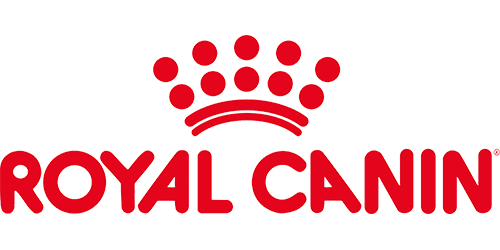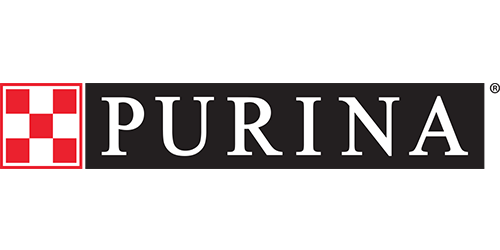The thyroid: An important gland for kitty’s organ health
The thyroid gland produces a hormone that’s essential to regulating the metabolic function of your cat’s organs. Iodine is needed for the production of thyroid hormone, and your cat can only get iodine through their diet.
If your cat’s body doesn’t produce enough thyroid hormone, their metabolism slows down. This condition, called hypothyroidism, is more common in humans.
At the other extreme, if their body produces too much thyroid hormone, your cat’s system can go into overdrive and have trouble keeping up, leading to complications in the:
- Kidneys
- Heart
- Muscles
- Neurological system
- Skin
- Digestion
This is called hyperthyroidism, and it’s the most common hormonal imbalance in cats. It’s characterized by high levels of hormones in the blood and an abnormal enlargement of the thyroid gland in many senior cats (called hyperplasia). Most cats are diagnosed at around age 12.
How can you tell if your cat has hyperthyroidism? The most common clinical signs include:
- Weight loss
- A marked increase in:
- Appetite
- Thirst
- Urine production
It can also be accompanied by changes in behaviour, for example:
- Hyperactivity
- Excessive vocalization (often at night!)
Other problems can also be signs of hyperthyroidism:
- Neuromuscular issues such as:
- Difficulty jumping
- Tremors
- Abnormal posture
- Skin conditions like:
- Excessive hair loss
- An oily and unkempt coat
When the thyroid is enlarged, you can sometimes feel it in your cat’s neck. If you see any of these symptoms, call your veterinarian. They will do a physical exam and lab tests to diagnose the disease.
If diagnosed with hyperthyroidism, your cat’s prognosis is good—provided they receive the right treatment to limit the abnormal production of thyroid hormone.
Since the gland needs iodine to synthesize thyroid hormone, treatment often tries to act on it in various ways with:
- Medications that prevent the gland from using all the iodine available
- Radioactive iodine injections to destroy part of the gland, reducing its production capacity
- Dietary changes to restrict your cat’s iodine intake
Your veterinarian can advise you on the best treatment and follow-up care for your cat based on their specific needs and condition.
No matter what your cat’s case, a proper diet is essential to getting better. The nutritional needs of cats with hyperthyroidism are very different than those of healthy cats. Your veterinarian can recommend the best food for your cat’s treatment plan and overall condition based on:
- How much weight and muscle mass they’ve lost
- The condition of their skin and coat
- Whether they have kidney, heart, or digestive problems



